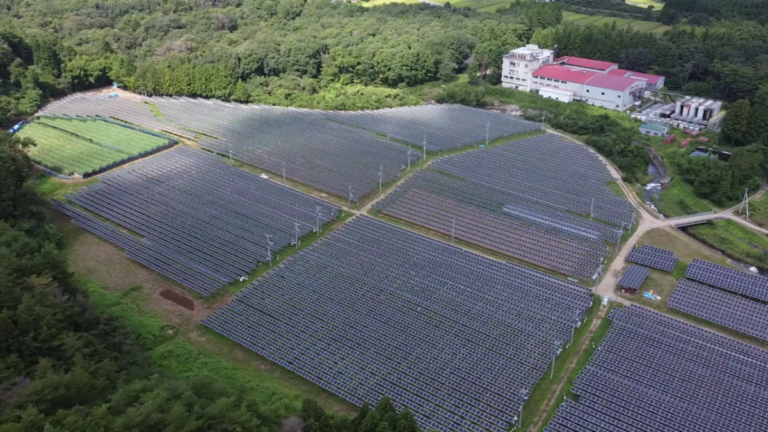The New Energy and Industrial Technology Development Organization (Nedo) of Japan has published a solar strategy to scale the implementation and to stimulate technology of the next generation, aimed at carbon neutrality by 2050.
The Japanese Nedo has launched a new solar development strategy, with a route map for large-scale solar deployment to help the country reach CO2 neutrality by 2050.
The “Nedo PV Challenges 2025” strategy focuses on five important technical initiatives to promote solar technology and to expand its acceptance. The initiatives focus on developing solar cells of the next generation, setting up solar energy systems for wider acceptance and tackling various market needs. They are also intended to guarantee long-term stability and to set up a circular economy-driven recycling system.
Nedo said that it will also start its expansion of solar energy and technology development in Fiscal 2025 to support the efforts for low -carbon. This project will speed up the transition to sustainable solar energy, as set out in Japan’s 7th Basic Energy Plan, which was approved in February. The plan is intended to represent renewable energy sources for 40% to 50% of the Japanese energy mix by 2040, where solar energy contributes 23% to 29% of the total.
The organization said that the new strategy builds on earlier route maps such as PV2030 (2004), PV2030+ (2009), PV Challenges (2014) and PV Challenges 2020 (2020). It is intended to take on four important challenges that have been identified for scaling up solar deployment: Land restrictions for large-scale installations, various market requirements, long-term operational stability and managing modules for the end of life through recycling.
Nedo’s technical initiatives will focus on developing solar cells of the next generation, including highly efficient technologies such as perovskiet, tandem and III-V-related cells to remain competitive worldwide.
The organization said it will also work on making cost-effective PV modules and installation methods, with a focus on flexible solar cells. It is planning to support innovations such as vehicle-integrated solar and aesthetic building designs to meet a series of market requirements.
In addition, the operation and maintenance technologies (R&M), solar prediction and safety guidelines will improve to guarantee stability in the long term for emerging solar technologies. It said that it aims to improve processes for separating and recycling PV modules, which develops a circular economy for maintaining resources.
Nedo is planning to open public calls for projects under the Solar Power Expansion and Technology Development project in mid -April.
This content is protected by copyright and may not be reused. If you want to work with us and reuse part of our content, please contact: editors@pv-magazine.com.


